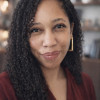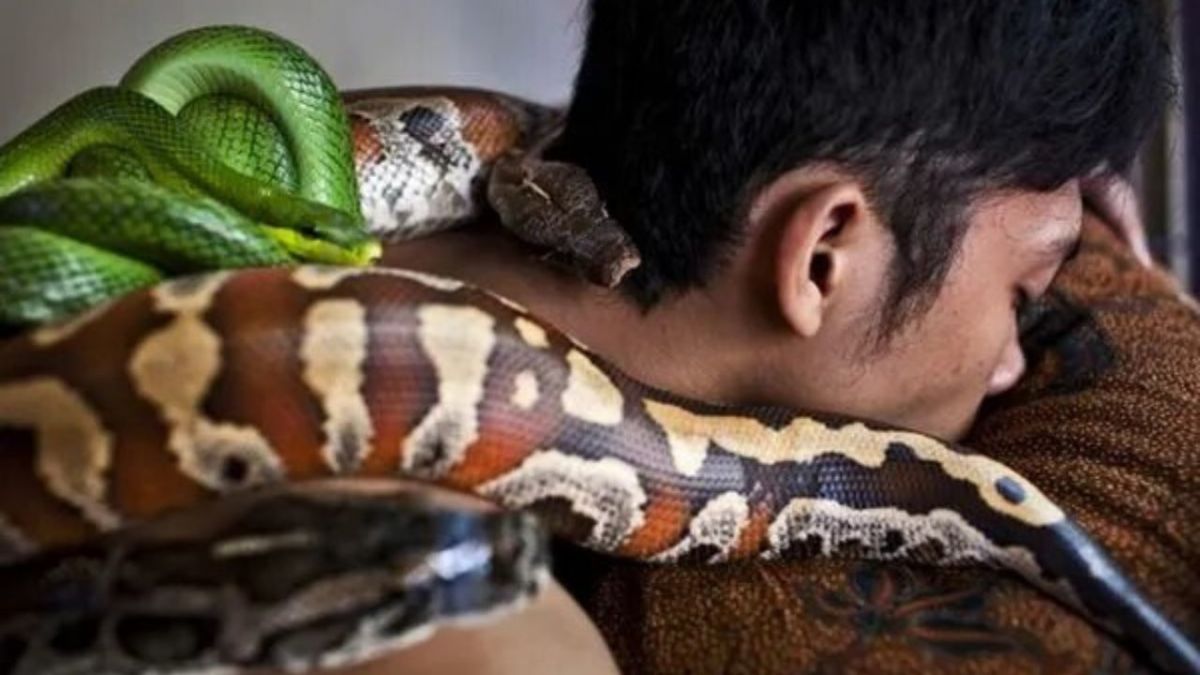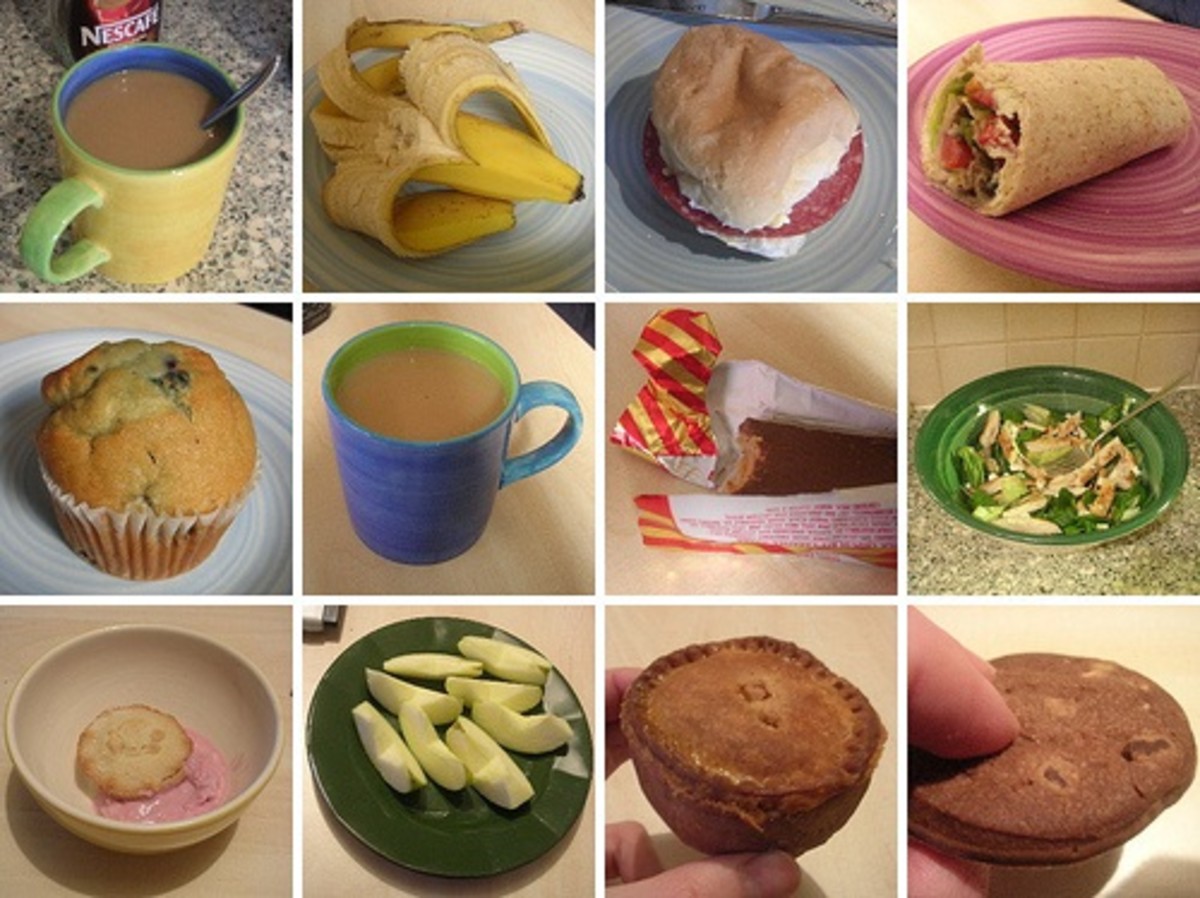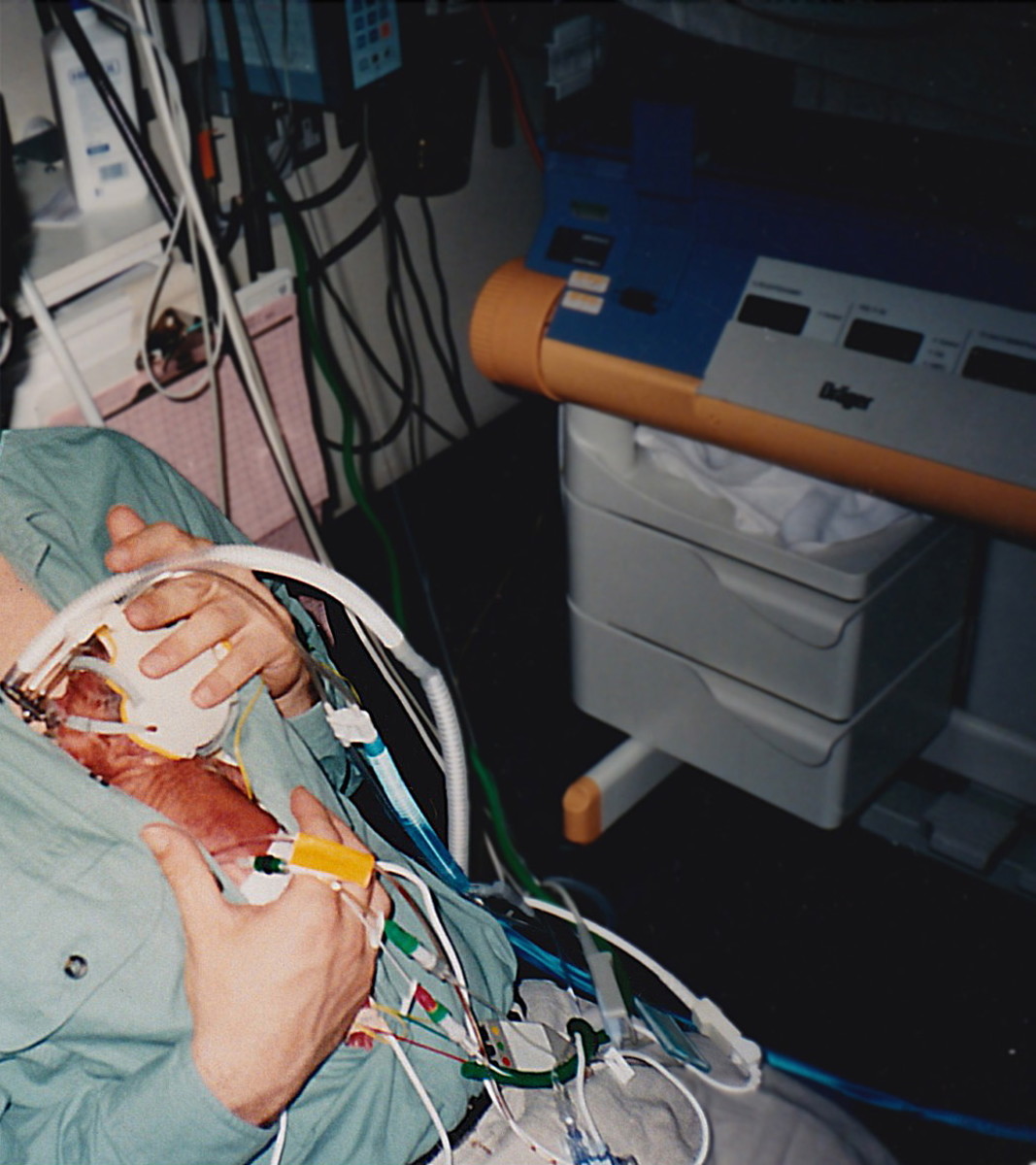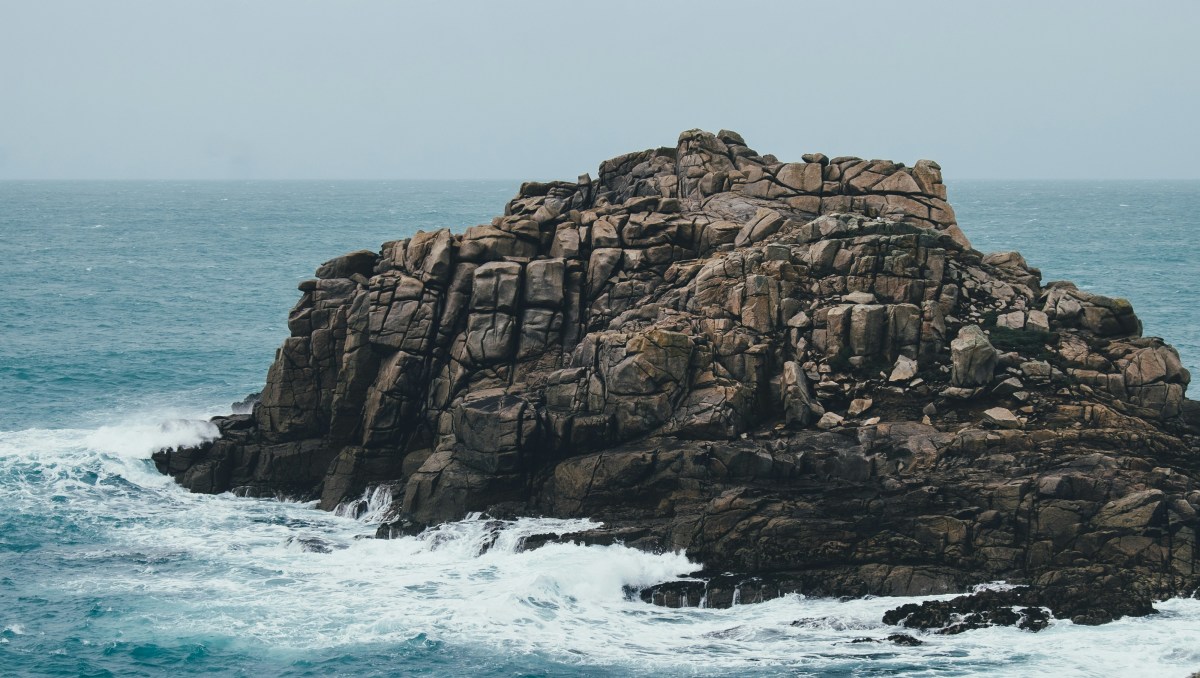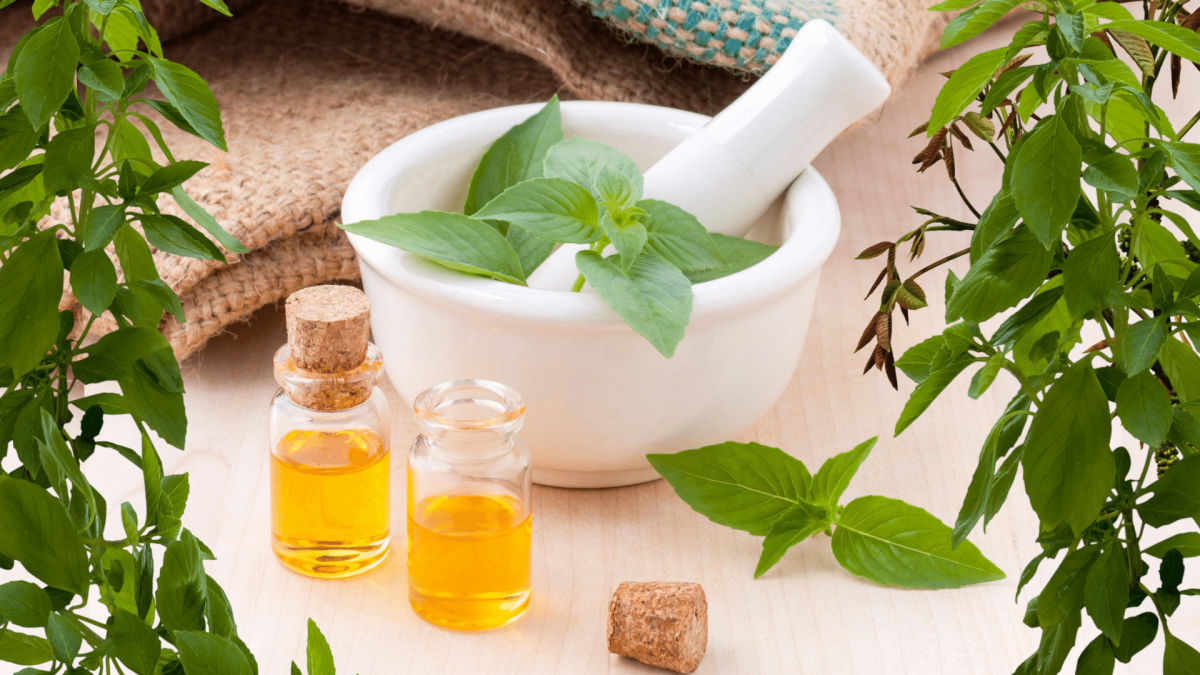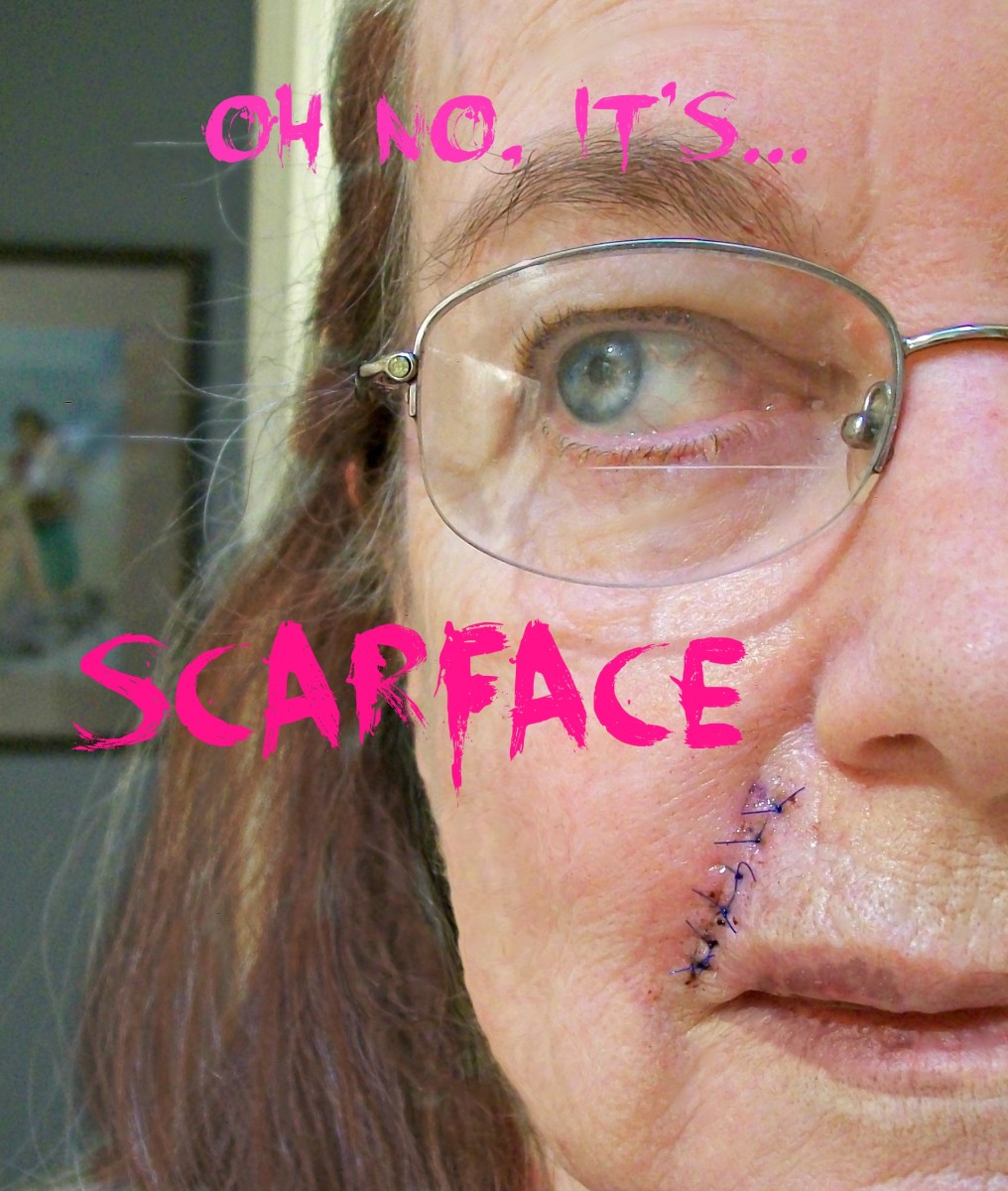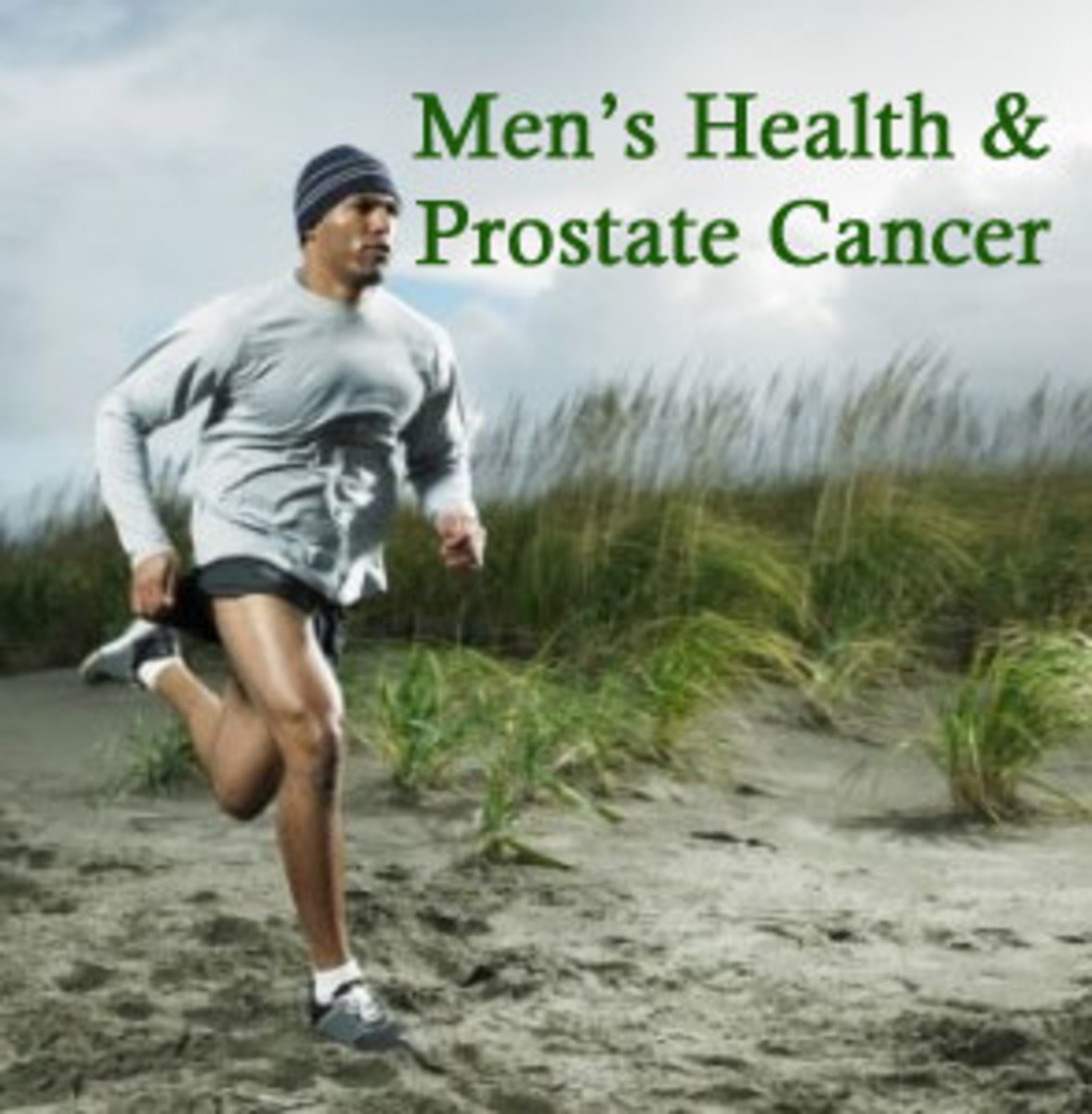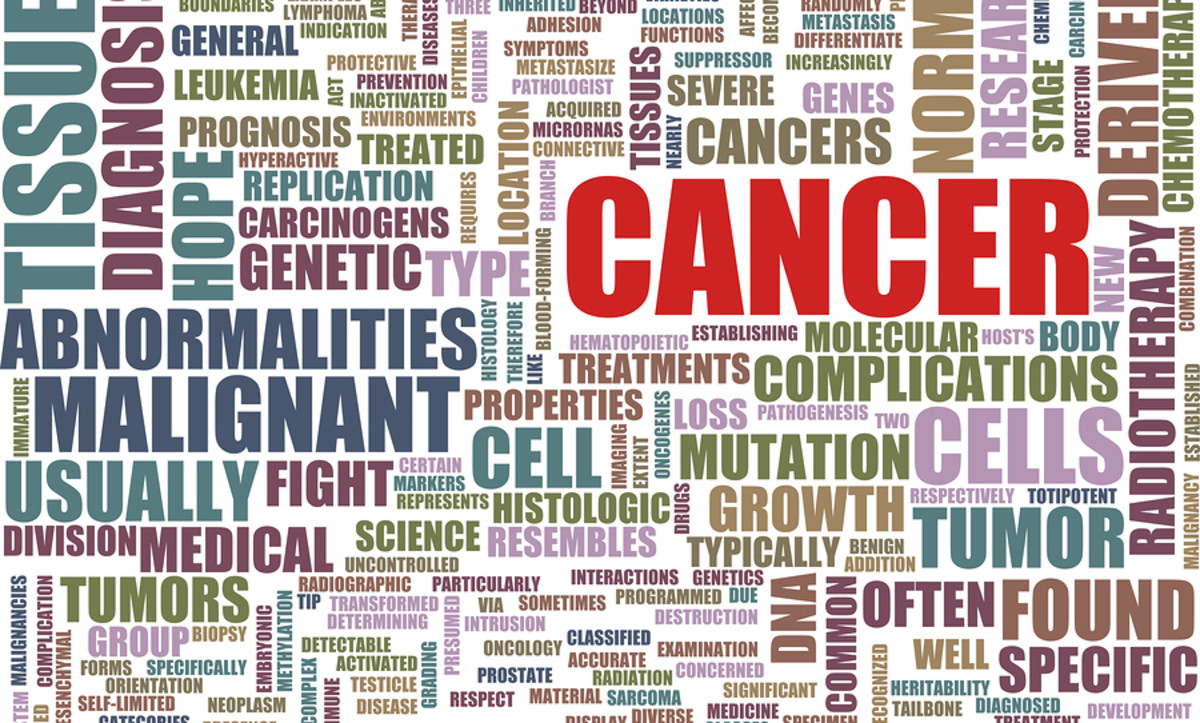First, Do No Harm--On Unconventional Treatment for Cancer
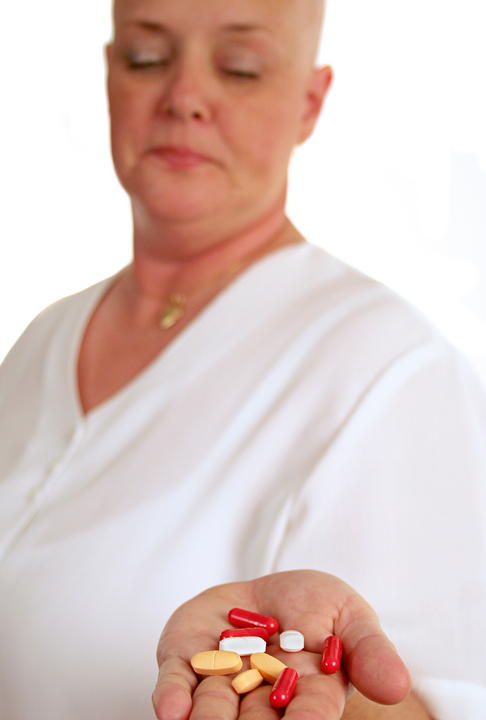
"On some positions, cowardice asks the question, is it expedient? And then expedience comes along and asks the question--is it politic? Vanity asks the question--is it popular? Conscience asks the question is it right?
There comes a time when one must take the position that is neither safe, nor politic, nor popular, but he must do it because conscience tells him it is right."
--Dr. Martin Luther King Jr. "Remaining Awake Through a Great Revolution."

"Excellent. Completely normal breast exam, hon," the new doctor said brightly, as if I'd just gotten an A+. "Do you want to go further?"
She was asking me if I wanted additional testing, specifically an ultrasound. I am too young to be a decent candidate for a mammogram. I shook my head. I'd done my own exam before I came to see her, I was just being thorough. I knew the cause of the pain. I'd already had an office visit with Dr. Search Engine, and a consult with Dr. Ask All Of My Medical Friends.
"It's the caffeine" she said with a smile. "You've got to cut back."
I knew that. "Yeah. Try my life without caffeine. I'd rather have a clitoris-ectomy than give up caffeine altogether." I glared at her like the foul-mouthed sinner she was. The very thought made me shudder. Life without coffee?
She giggled, "Alright, I get it. Then EPO might help."
I smiled. "I can take the pain, I'm just here for a cancer spot-check. Are we finished here? 'Cause it's almost time for me to pick up prescription at Starbucks."
She laughed. I started to get dressed, and then made my way out of the office.
Cancer.
No longer a ghostly whisper in the spooky "Never Me, Never Us" woods, cancer had gone from an unspeakable obsenity to a daily presence in my life. With a cancer diagnosis rate of 1 in 2 men, and 1 in 3 women in the US alone, with more than 7 million human lives lost just last year, cancer is no longer the disease that other people get. If you are a human on this planet in this generation--cancer will come up. It will not hold back from invading our friends, our soul mates, our kindred spirits, our children and ourselves. Bold and ruthless, cancer had left only misery and bewilderment in its path after setting its sights on people I loved. I was, among many things, sorely pissed about this.
If I am careful, if I watch my words, then this article will be the indelicate act of treason against my own discipline--modern medicine--that I intend for it to be. I had given modern medicine mixed reviews as a child when my mother was diagnosed with a vague illness, of vague etiology, with vague treatment, and vague prognosis. By the doctor's estimate, she was terminal--vaguely. My mother--to whom defiance and hard-headedness comes naturally--was having no parts of leaving young children behind, and respectfully declined the grim fortune the man in the white coat spun for her. Without so much as a search engine at the time, my mother read up on alternative medicine, food medicine, and did what made sense to her. She sought innovative doctors who were researchers, she refused medicine if it didn't make sense, she had diagnostic studies regularly. She kept her doctor's appointments. It wasn't that she went off the map and on to witch doctors and tribal cures, she took the ambiguity of what had been presented to her by modern medicine as permission to actively participate in her own treatment. The doctor's word was not gospel to her--as her physicians were only clear on the fact that they were completely unclear about what to do. My mother, who is probably texting me at this very moment, blasphemed Johns Hopkins itself with her own health. She was sick, she has not survived unscathed, but doctors have found her health baffling.
Maybe it would help if an oncologist opened with. "you have whatever-anoma, or stage III what- have-you, and we, the white coats, have expensive intravenous poison to treat it. Should you survive the poison, if your heart can take it, we have little to offer in the way of predictable outcome. If you have any questions, please see my degree on the wall." Maybe with this kind of honesty, patients would feel no hesitation, no sense of irreverence, or naughtiness, if they sought alternative advice.
I'm not angry at doctors. The good ones are hard-working, tragically diligent, and highly intelligent. Some of these scientists, these would-be healers with other-wordly strength and endurance, have the outrageous courage and foolish confidence to take on the most conspicuous of all that ails us--cancer. Tripping over the skulls of the knights who tried before them, armed with knowledge, best intentions, and a warrior's heart, they go in to oncology to slay the dragon that has never been slain in an estimated 4000 years of its existence. But it seems, for all the effort, the warriors are not slaying the dragon. According to an article in the New York Times, despite the ever increasing price-tag of cancer treatment, the death rate related to cancer has improved about 5 percent over a span of 55 years. That just isn't enough.
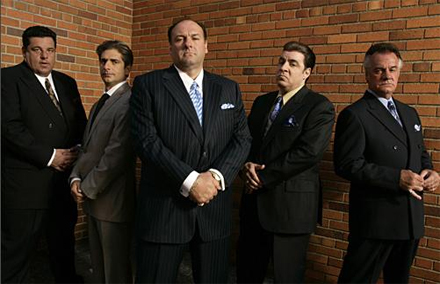
Cancer is a muti-billion dollar industry, and any discussion about the stall we've found in the progression of the treatment of cancer should begin there. I've seen estimates range from 250 billion dollars, to 800 billion dollars for this industry worldwide, and with numbers like that, corruption flourishes. The management of cancer treatment has begun to bare a chilling resemblance to organized crime. When research has been conducted using less profitable means to treat cancer, it has been shut down. When doctors who dare to buck the "first cancer, then chemo" protocol designed by pharmaceutical companies, warrants for their arrest have been issued. It isn't pretty, and I'm not convinced that patients aren't being kept sicker than they should be because the profit from cancer is just too good an offer to refuse.
But who am I? At the end of the day, I'm just a vagina nurse who reads too much. I've spent the bulk of my career getting a fetus from one world to another. What the heck do I know? Those who chose chemotherapy alternatives die also. There aren't guarantees, and I can't, as a professional, even suggest something alternative to the all-powerful protocol without a heavy measure of guilt if someone dies. I suppose I wrote this to prompt anyone facing cancer of any form to conduct additional research, to understand that there's still a tremendous amount of guesswork in health care, and to not feel irresponsible if they make a choice that is separate or ammended from what is reccomended to them in the doctor's office.
Perhaps my point is illustrated best with my experience of speaking with a provider with 15 years experience in oncology. In as light-hearted and jokey way as I could manage, I went off on one of my "college-kid" tangents about the absurdity of chemotherapy. I questioned statistics, I poked fun at the whole concept. I waited patiently for the "stay in your place" condescending retort. The comeback was worse than I could have ever imagined. With an eerie certainty, the provider met my eyes, and hit me with the worst of all blows by quietly saying, "you're right."
--Shannon Jacqueline, RNC
